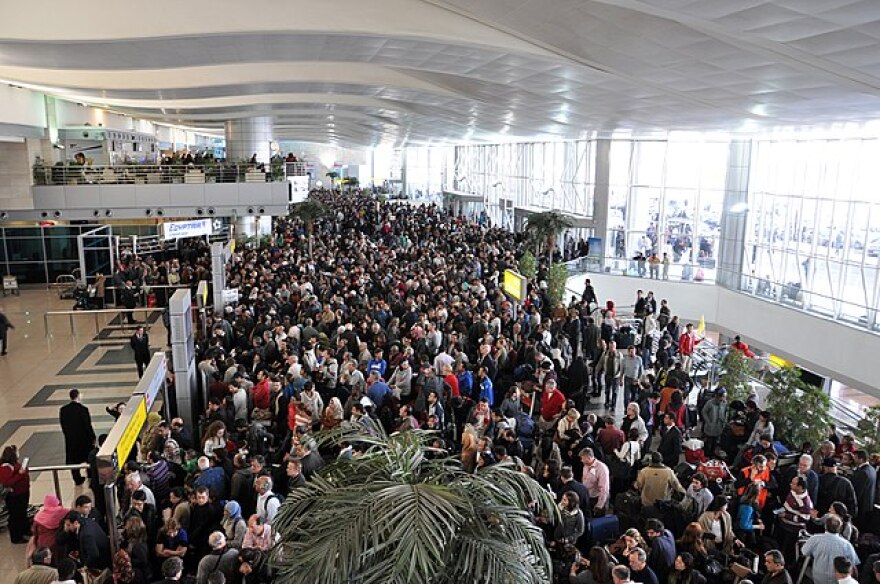We are on the edge of official summer – the solstice arrives on Wednesday – and the travel industry is gearing up for a season that should be very much busier than the last three.
The COVID threat made many of us wary of crowds and enclosed spaces. Tourism, for the most part, consists of nothing but crowds and enclosed spaces. You start at a crowded airport and fly in a packed plane to another crowded airport and end up surrounded by thousands of others in some popular attraction like the Louvre, or Venice, or on a standing-room-only beach. Even the slopes of Everest are overrun by hordes of amateur climbers.
There must be uncrowded places still to be found. But in the high vacation season, when most people are on the move, they tend to move in crowds and stay crowded together in the same places. That is simply the economics of the industry. Mass travel, like mass production, is simply cheaper, which is why cruise ships have become so enormous.
The desire to travel is intense. We are a restless species, forever trying to find the magic doorway from black and white Kansas into the Technicolor Land of Oz. The the gigantic size of the modern travel industry ($2.3 trillion a year by one estimate) is evidence enough that we are never happy where we are, and always want to be somewhere else. The all-too-true cliché that “Wherever you go, there you are” does absolutely nothing to dissuade most of us from getting into a plane and hoping to leave ourselves and our troubles behind.
So the past three years have been frustrating for habitual travelers. Some bold spirits continued to zoom around the world as though nothing was happening, and presumably they survived. Others, I’m sure, felt a sense of relief, thankful for such a good excuse not to go anywhere. But now all the warnings have been cancelled, and we are free to travel again.
What a double-edged word that is: “free.” I have always loved to travel, and yet the freedom to do it again is slightly disturbing. The image has changed, the fantasy has changed, perhaps even the memories have changed. Travel is not always an unmixed pleasure, although we tend to look back on it that way when we get home.
There are lingering memories of excruciating airport delays, sinister encounters on tropical islands, transport strikes, suicidal French drivers and food that is rather too much like an adventure. Of course I have become older in the past three years, without really intending to. Age does bring a certain amount of travel wisdom, and a much shorter bucket list.
Our summers at home were very pleasant and relaxing. We didn’t miss the crowds and the airport dramas, although perhaps we should have. We read a lot, walked a lot and ate some very good meals that would have cost a fortune in a European restaurant. Our suitcases gathered dust in the basement. Perhaps we gathered dust too.
So what is to be done with all this freedom in the summer of 2023? There are several distant places that I would like to visit or revisit. But when I think about them I have a vision of the airport terminal jammed wall to wall with agitated people and their baggage, standing in long, long lines or gazing despairingly at the departure boards. Experts warn that travel may be especially difficult this summer because of staff shortages. What kind of fun is that?
We have no plans as yet. No reservations have been made. We are haunted by the thought that, as Dorothy said when she returned from the wonderful Land of Oz, there really is no place like home.


